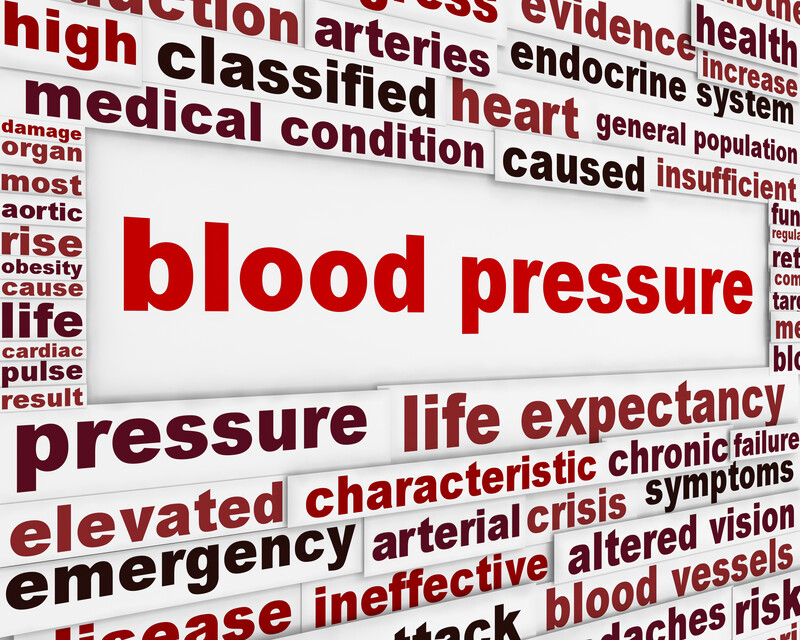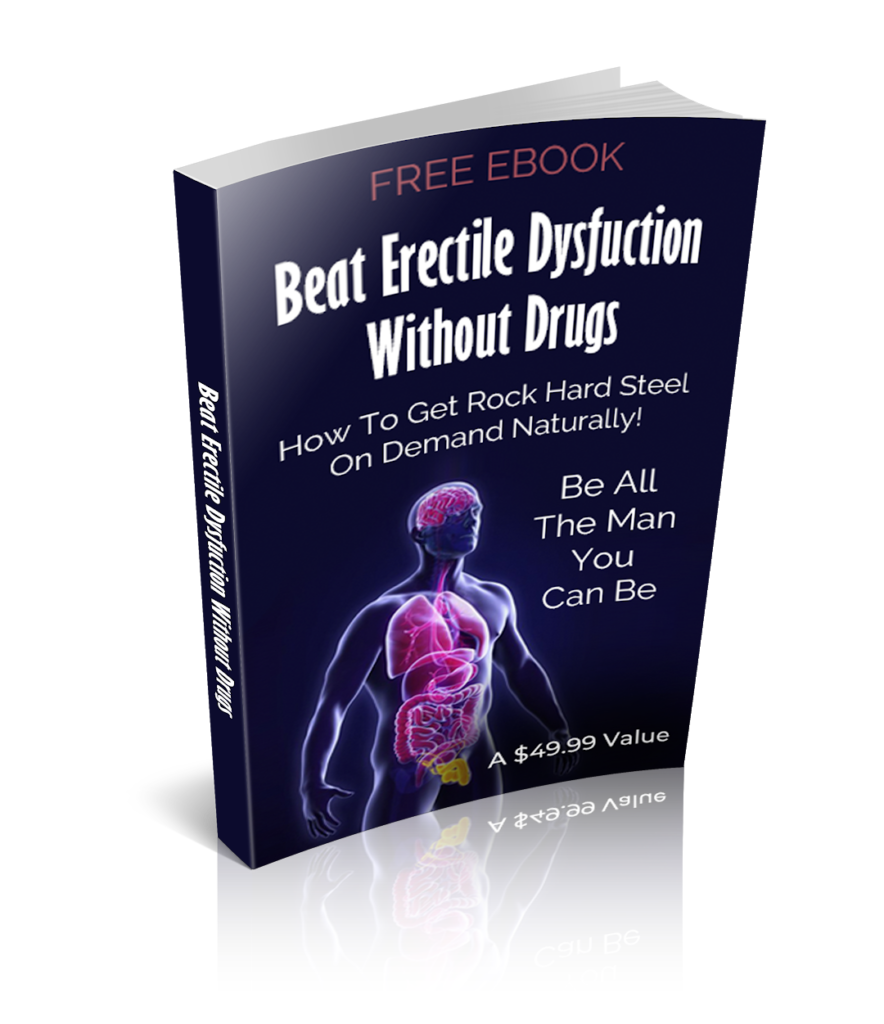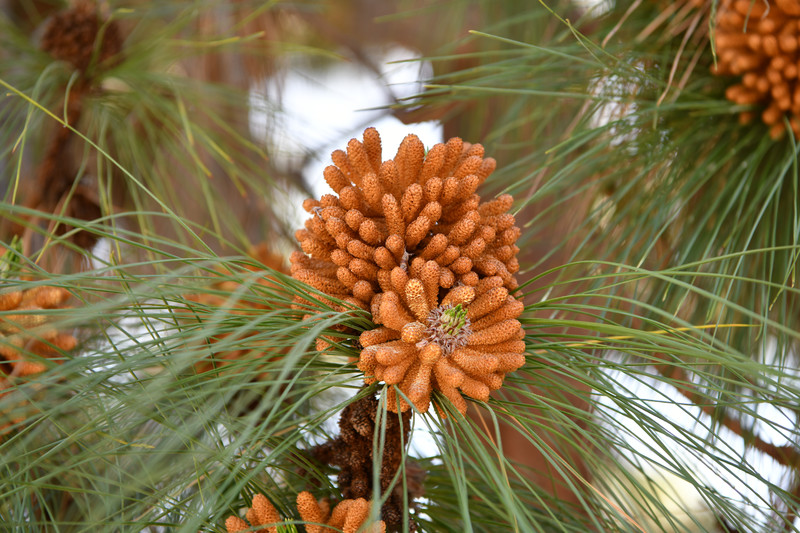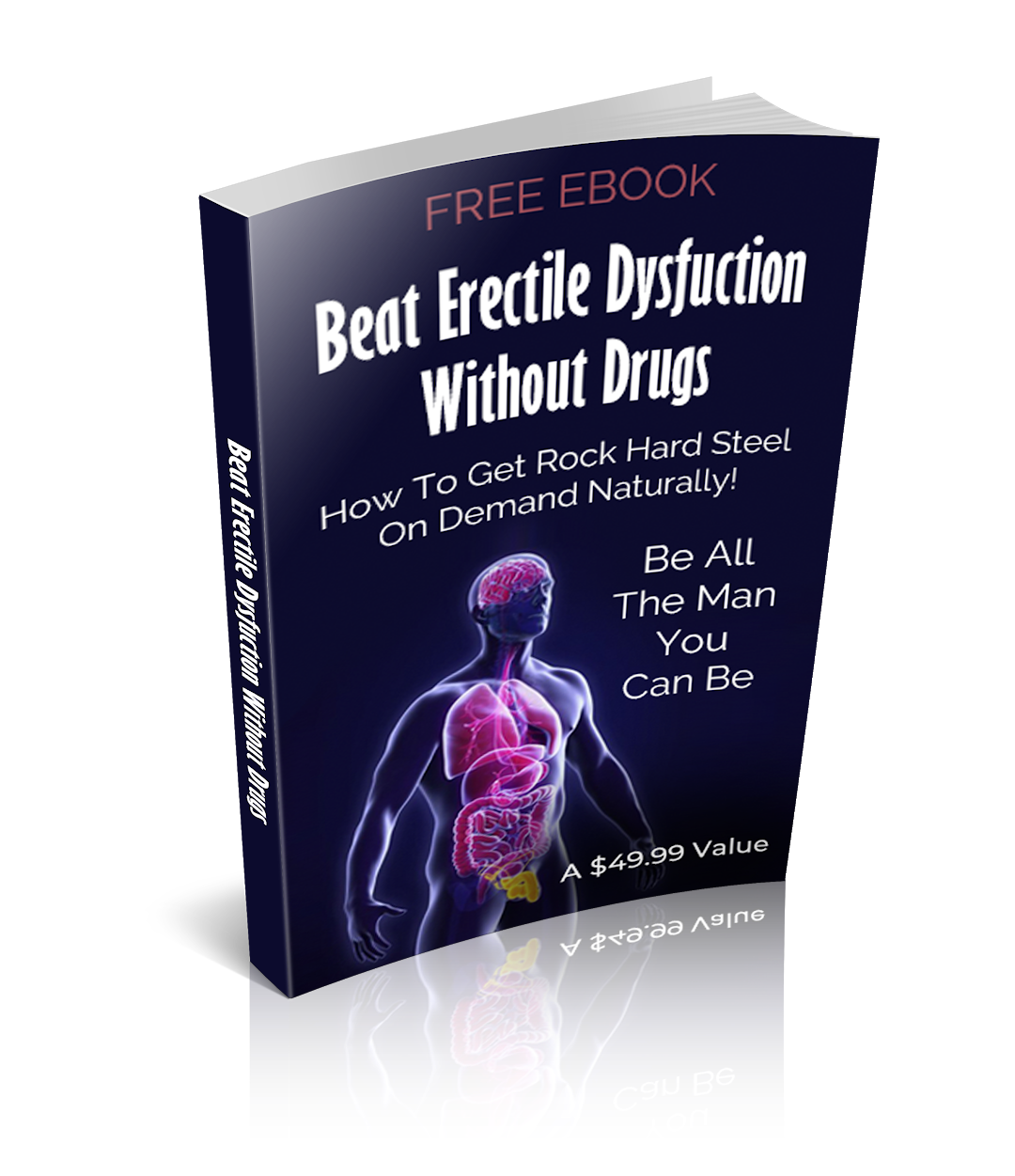(Article medically reviewed by Dr. Zac Hyde M.D)
Does pine pollen lower blood pressure?
Good question because high BP is one of the leading causes of erectile dysfunction in men in the United States.

While it can be treated, that treatment normally involves a daily dose of pharmaceuticals, all of which have side effects and upset the body’s natural balance.
Fortunately, an increasingly popular supplement called pine pollen may provide an all-natural alternative.
Blood Pressure Problems in Men
Hypertension, also known as high blood pressure, is an extremely common health condition affecting millions of men over the age of 30.
Among the many (many) problems associated with hypertension are an increased risk of heart attack, aneurysm, and stroke, as well as dementia, heart disease, and metabolism issues.
The pressure also puts strain on the lining of your blood vessels, which can cause them to harden and eventually narrow.
Known as atherosclerosis, this condition can restrict blood flow to penis, making achieving and maintaining an erection extremely difficult. In instances where otherwise healthy men suffer from ED, this is one of the most common culprits.
Pine Pollen’s Many Health Effects
Pine pollen is one of the most potent natural ingredients in the world. When taken as a supplement, it provides the user with a number of very impressive and very important health benefits.
For instance:
Beat ED Without Drugs
Get Rock Hard Steel On Demand, Naturally!

Inside you will learn:
(Free Instant Download)
The high phytoandrogens content allows for healthy hormone supplementation.
The amino acid content is ideal for muscle building and for repairing cell walls.
Pine pollen is rich in vitamins like B1, B3, and C, which can help keep your immune system operating properly
Pollen extract is rich in various minerals and antioxidants, which slows down the aging process
As impressive as they are, they are just a few of the uses for pine pollen. As scientists continue to study this all-natural supplement, it’s possible that even more uses will be discovered.
This brings us to our primary point…
Pine Pollen Blood Pressure Studies

One of the most important studies into the efficacy of pine pollen was conducted in China in 2015.
The researchers’ main goal was to see if the substance had the potential to positively affect various liver disorders. While it was found to significantly reduce oxidative stress in liver tissues, other findings of note were also found.
Specifically, the results turned up a direct connection between dosing pine pollen and blood pressure.
For instance, pine pollen supplementation was found to positively affect blood flow, lowering overall systolic pressure and reducing many of the effects of atherosclerosis.
This was in line with another study done in 2003, which found that pine pollen and L-arginine could be used in the treatment of erectile dysfunction.
In fact, of the 40 men who participated in the study, 92% saw their sexual function restored after just three months.
This is great news for a number of reasons.
After all, most medically-induced erectile dysfunction is the result of arterial clogging, blood flow issues, or a combination of the two.
In reliving these problems without surgery or medication, men could avoid long-term ED issues, which include everything from penile atrophy to testicular shrinkage.
Pine Pollen Powder or Tincture?
Since the West is far behind the East when it comes to pine pollen research, some debate has arisen as to the proper way to dose the supplement.
This is complicated by the fact that the substance is available in multiple forms, including powders, tinctures, and capsules.
All of these are absorbed by the body differently, and will be distributed differently once consumed.
For example, in powder form, pine pollen is incredibly sticky.
You want to promote digestion, but you also don’t want the nutrients to be destroyed by the GI tract.
A good remedy for this is to take a tablespoon of the supplement, allow your saliva to coat it, and move the product under your tongue.
This is your best bet for having the testosterone, androgens and DHEA absorbed into your blood stream.
Once you swallow, the mixture will coat your esophagus and be further absorbed. Still, if it makes it to your tummy, your stomach acids will eradicate all those nutrients in minutes.
Tinctures don’t have this problem, but it’s important to note that they aren’t as nutritionally dense as pure pollen.
In fact, in order to ensure they get the proper daily dosage, most men will rely on a combination of the two.
This is particularly smart for men over 40, as their testosterone levels are already beginning to wane.
Lastly, you have capsules. For the most part, these are just powdered pine pollen encased in a dissolvable package.
As with other supplements, these capsules are intended to slow down the process at which they are dissolved, allowing for the absorption of more of the nutrients into the blood stream.
Unfortunately, just how much you absorb will depend on your stomach contents and stomach acid at any given time. Here again, if you’re over 40, adding a tincture is a good idea.
If you’re still not sure which form of PP you should choose, read this.
Dosing and Megadosing Pine Pollen
In China, where the bulk of pine pollen research has been done, pine pollen dosage varies between 5 to 10 grams on a given day.
However, this would be considered a megadosing strategy, and is best for men who have entered andropause (40 years and up) and those who are suffering from an established testosterone deficiency.
For younger men, benefits can be seen at smaller doses (usually around 3 grams).
In terms of powder, one heaping tablespoon is equal to about 3.3 grams.
So, if you were looking to megadose 10 grams a day, you should take one in the morning, one in the afternoon, and another after your daily workout.
Most men see great results from this approach, as it keeps their T levels elevated throughout the day, providing for much more regulatory consistency.
Read more about megadosing pine pollen here.
Does Pine Pollen Lower Blood Pressure-Conclusion
It’s true, when taken regularly, pine pollen can reduce your blood pressure safely and naturally.
This fact makes pine pollen an excellent alternative to pharmaceuticals when it comes to reversing the negative effects of atherosclerosis and ensuring your penis and testicles get an adequate supply of high-oxygen blood.
However, if you’re going to take pine pollen as medicine, you need to treat it that way.
That means paying attention to your dosage, watching for side effects, and cycling the medication so that it doesn’t negatively affect your system.
Do this, and you can enjoy a healthier heart (and better sex life) without all the big pharma nonsense.
Finally, I’ve been asked a few times if pine pollen increases estrogen.
In short, the answer is no but feel free to click the link above for more info.




